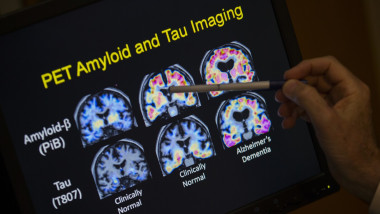Blood tests for Alzheimer's may be coming to your doctor's office. Here's what to know
Cross posted from: sh.itjust.works/post/22885386

There have been multiple accounts created with the sole purpose of posting advertisement posts or replies containing unsolicited advertising.
Accounts which solely post advertisements, or persistently post them may be terminated.